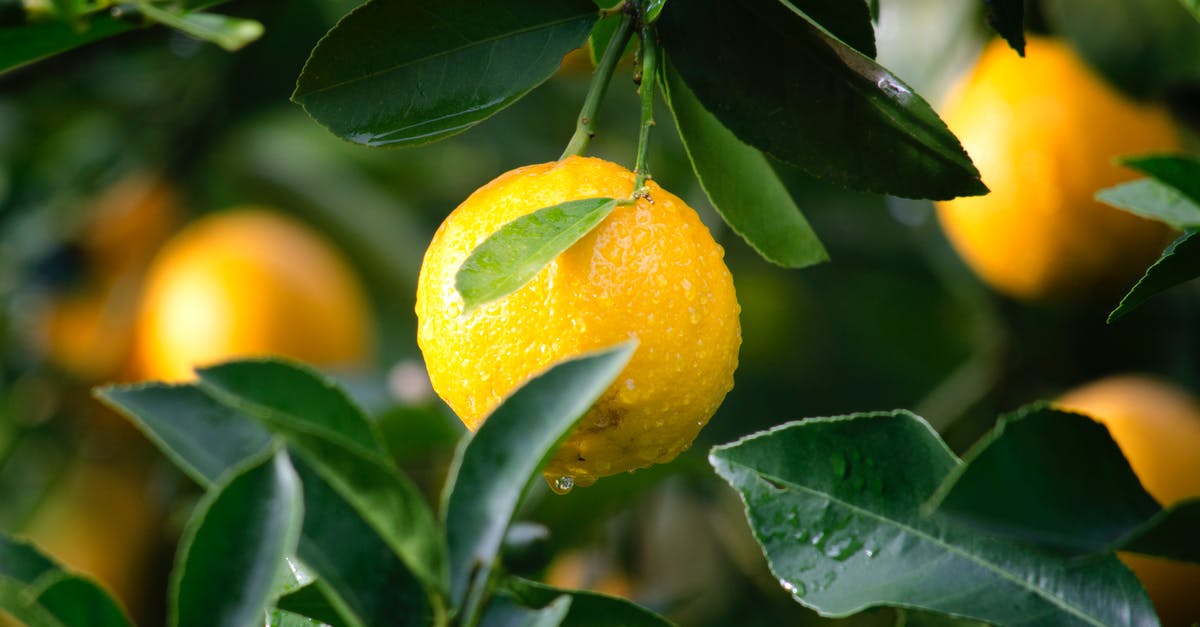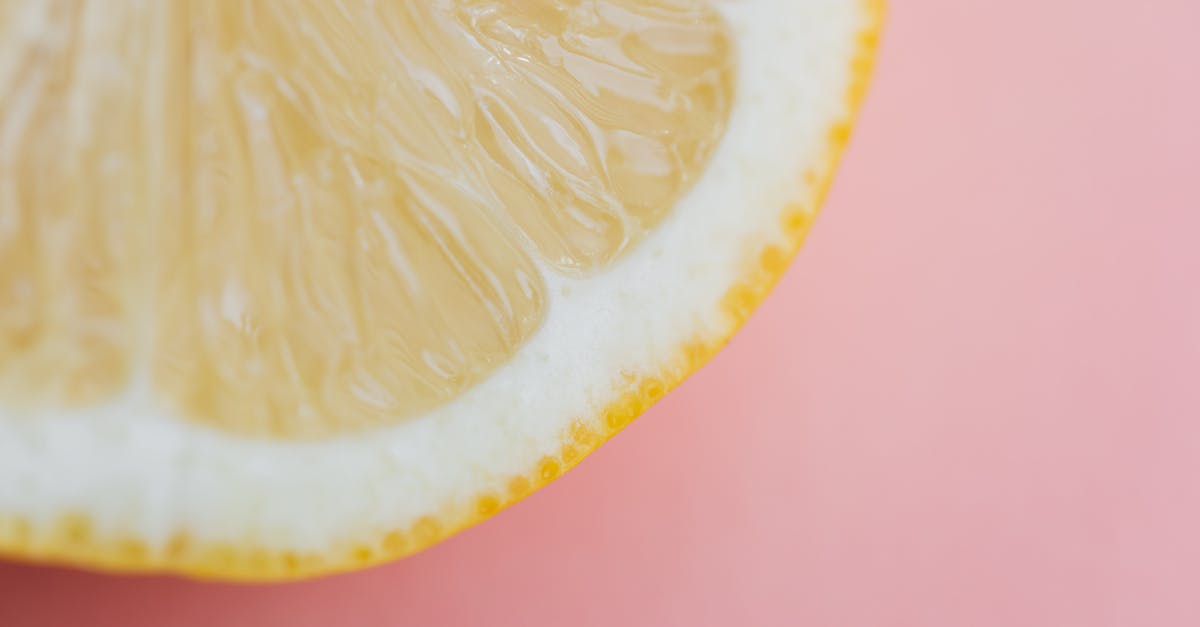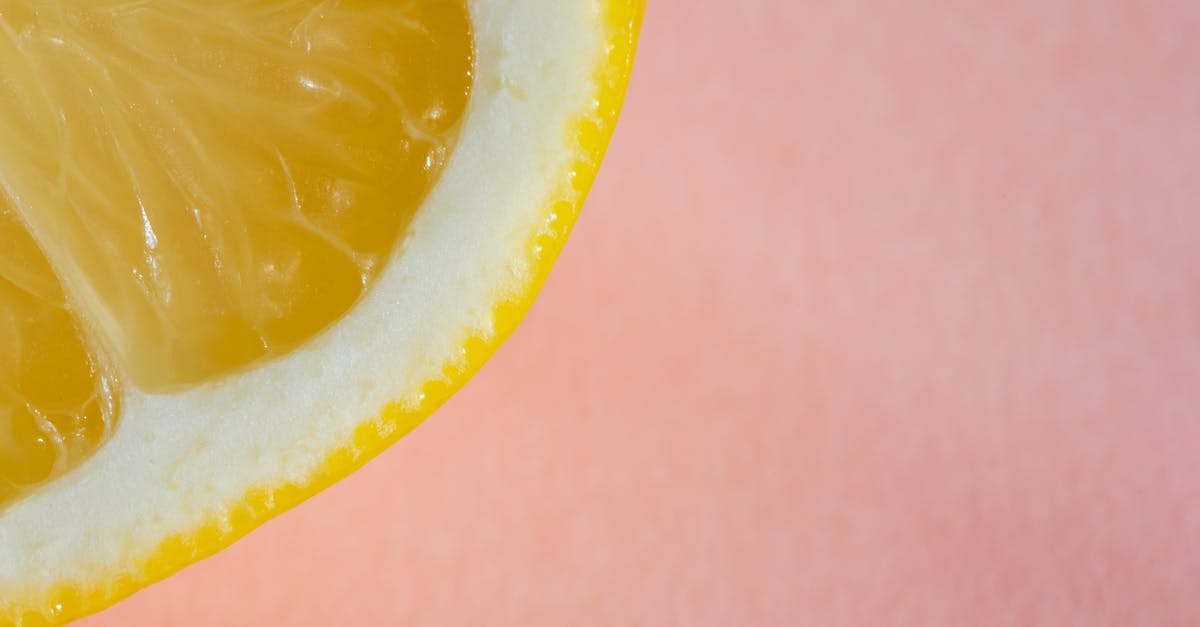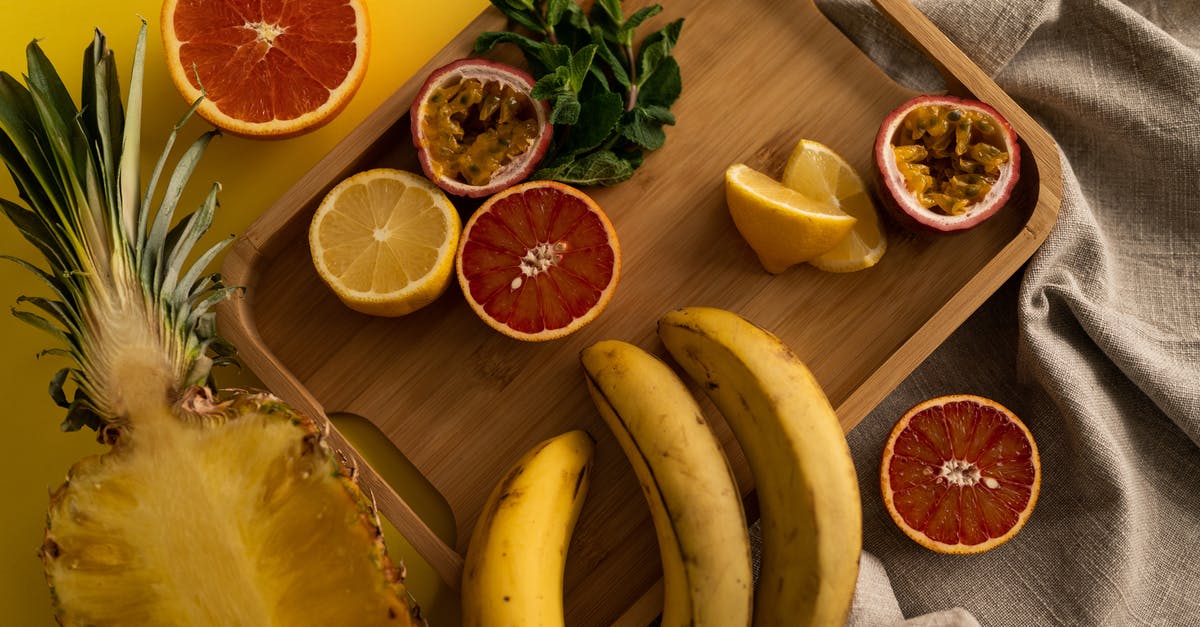Lemon juice as a natural preservative for soups

Can lemon juice be used as a natural preservative for soups?
Additionally, Russian soup Borsch has a lot of cabbage in it, as far as I know that makes it last longer. Do you think cabbage can help a soup to be preserved longer?
What are other natural preservatives that can be used for soups?
There is this question Are there any natural preservatives that can be used in Soups or Stews? but the answer doesn't address lemon juice or cabbage or any other natural preservatives.
Best Answer
Anything that will keep bacteria and other spoilage microorganisms from growing will extend shelf life. Acidity and salt are the most common historical preservatives, since they create inhospitable environments for many microorganisms (or only allow the growth of ones that are less harmful). In high concentrations, sugar can also function in this way, as in jams or jellies (though this is probably not applicable to soups). Unfortunately, any soup with enough salt and/or acidity to stop bacterial growth entirely will probably be unpalatable.
That said, lemon juice is highly acidic, so it's likely that it could prevent spoilage a little longer than in soups without it. However, unless you're adding a lot of lemon juice, chances are this effect will not be long enough to call it a "preservative" -- but it might make your soup last a day or two longer in the fridge. A fairly acidic soup using things like tomatoes, lemon juice, vinegar, etc. will generally last a little longer than a similar one without those ingredients.
Nevertheless, the normal storage recommendations for soup should still be observed. Soup in general is very perishable. Stocks and broths are a near ideal growth medium for any bacteria that might contaminate them, and various ingredients in soups could contain spore-forming microorganisms that are not completely killed during cooking. More importantly, not all spoilage -- even that from dangerous bacterias -- produces odors or molds that could be easily spotted. Thus, while adding more acid to soup probably makes it safer a little longer, I still wouldn't depend on it to last more than a few days even using proper cooling procedures and stored under proper refrigeration.
As for cabbage, I'm not aware of any significant anti-microbial properties. It's possible that soups which contain more vegetable matter (like cabbage) will also contain less meat and other ingredients prone to fast spoilage, but the cabbage by itself isn't likely to have a significant effect.
Pictures about "Lemon juice as a natural preservative for soups"



Can we use lemon juice as preservative?
Lemon or lime juice is the best natural ingredient you can find to preserve your food with. The lime juice contains ascorbic acid and citric acid which are naturally antibacterial and antioxidants.How much lemon do you use as a preservative?
Lemon juice is another natural acidulant commonly used in home food preservation. To ensure safe acidity in whole, crushed, or juiced tomatoes, add 2 tablespoons of lemon juice per quart of tomatoes or 1 tablespoon per pint. Fresh-squeezed lemon juice can contain varying amounts of acid.How Long Can lemon juice preserve food?
It can last for about 2-3 days in the refrigerator. One of the best ways to store lemon juice is to squeeze all the juice from the lemons in to an ice-tray and let it freeze. Now use them in any of your recipes without having to worry about their flavour or taste losing out.How much citric acid should I use as a preservative?
Most often, no more than 1 tablespoon of citric acid will be needed. It can also be used when preparing game meat to help eliminate any bacteria: Spray a solution of 1 ounce citric acid with 1 quart water prior to cooking.How To Store / Preserve Fresh Lemon Juice For Up To One Year. Two Methods
Sources: Stack Exchange - This article follows the attribution requirements of Stack Exchange and is licensed under CC BY-SA 3.0.
Images: Ryan Baker, Karolina Grabowska, Karolina Grabowska, SHVETS production
